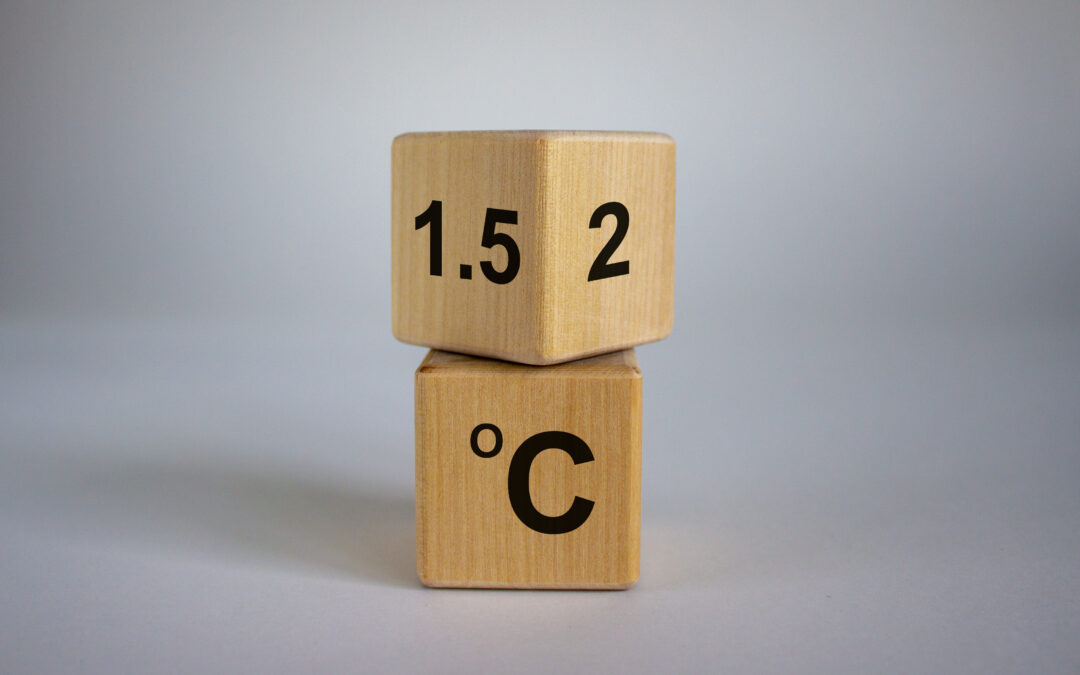COP26 concludes with a global pact on climate change but many fear the commitments of world leaders do not go far enough to tackle the problem.
Almost 200 countries agreed the Glasgow Climate Pact to ‘keep 1.5C alive’, the level at which global warming needs to be limited to, during the two-week climate change conference, but last-minute changes to the wording of key pledges have led some speculators to express disappointment.
Following two weeks of intense negotiations the pact was finalised, which includes plans to reduce carbon emissions, to slow deforestation and to shift to more sustainable ways of farming, as well as the mobilising of finance, particularly to help developing countries.
But in a last-minute change of wording to one of the key pledges, a global agreement to ‘phase out’ coal was watered down to a ‘phasing down’ of coal.
The change of wording followed pressure from India, with the support of China, two of the world’s top emitters of coal. India expressed its need to strike a balance between being globally responsive and getting its economy back on its feet after the effects of COVID.
Coal is one of the biggest contributing factors to climate change. The greenhouse gases released, when coal is used to produce energy, get trapped in the atmosphere, leading to global warming.
While the watering down of the pledge was met with criticism, the overall commitment made by countries to move away from coal, to invest in renewable energies and to halt the international and domestic investment in unabated coal remains intact.

